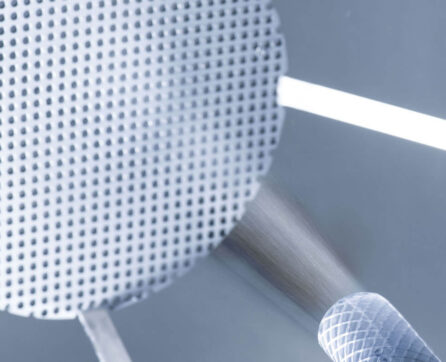As the only laboratory in the UK to hold UKAS accreditation to ISO 17025:2017 for filter testing, Particle Technology is the recognisable choice for assessing the essential performance characteristics of filters. We specialise in filter performance testing across a range of applications, including HVAC units, gas turbines, internal combustion engines and compressors.
Air filters play a crucial role in HVAC systems, ensuring the quality of indoor air. Our air filtration testing process covers key parameters, such as:
Your results will be presented in a formal filter test report, which also includes the official filter classification:

Our test facility includes state-of-the-art equipment with the capability to test air filters beyond the requirements of EN 779 and ISO 16890. Our capabilities include:

Additionally, we can design and manufacture bespoke filter housings tailored to your specific needs.

Efficient inlet air cleaning is vital for internal combustion engines and compressors to prevent breakdowns. Our experience in filtration testing, adhering to ISO 5011:2020, ensures accurate evaluations with a range of materials and calibrated dust feeders.
For both large or small air filters without available housing, we design and manufacture bespoke filter housings to meet your specifications.
With industry-leading expertise in filter testing, we ensure accurate, reliable filtration test results tailored to your specific needs. Contact us today to discuss your requirements.